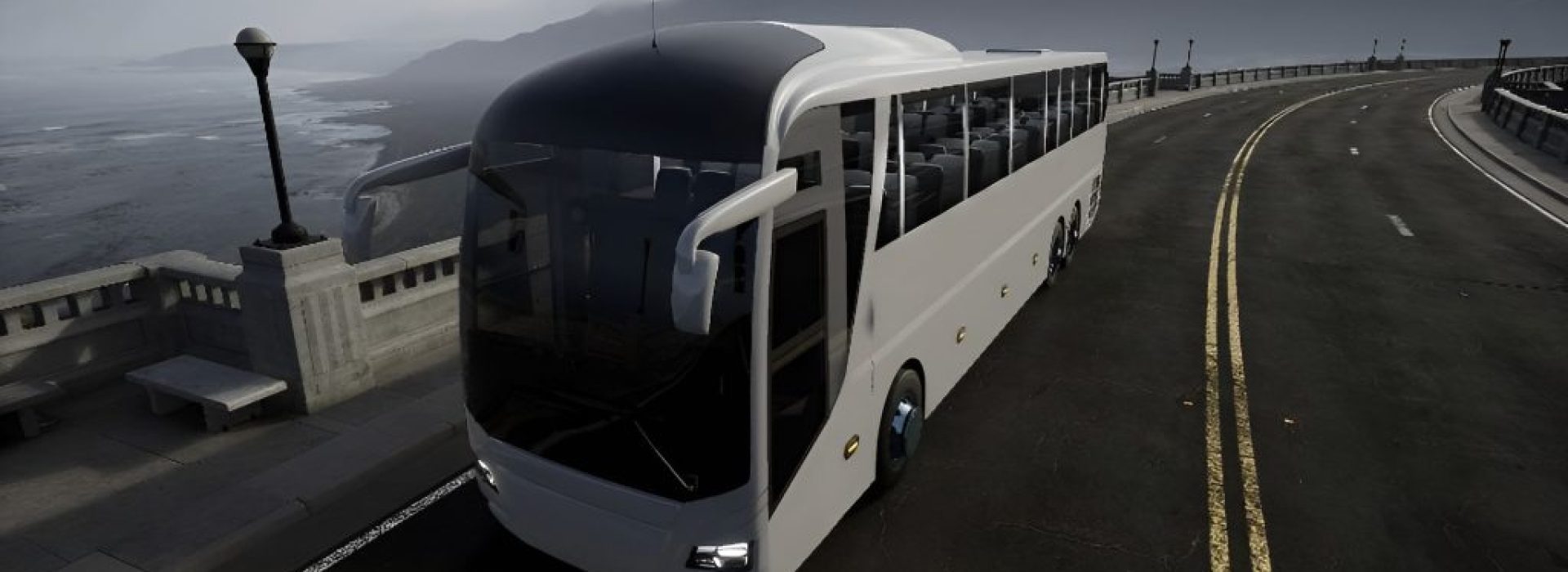
Long-haul buses, often referred to as intercity or coach buses, are a mode of transportation designed for extended journeys between cities or regions. These buses are equipped to carry passengers over long distances efficiently and comfortably. They play a crucial role in connecting distant locations, offering an alternative to air travel and providing an affordable and accessible means of transportation for individuals and groups.
Importance of Long-Haul Bus Transportation:
- Regional Connectivity: Long-haul buses contribute to regional connectivity by linking cities and towns that may not be well-connected by other modes of transportation. This is particularly important in regions where air travel is limited or expensive.
- Affordability: Long-haul bus travel is often more affordable than other transportation options, making it an attractive choice for budget-conscious travelers. It provides an economical alternative for individuals who may not have access to private vehicles or find air travel cost-prohibitive.
- Environmentally Friendly: While long-haul buses still rely on fossil fuels, they are more fuel-efficient on a per-passenger basis compared to individual cars. This can contribute to lower carbon emissions and reduced environmental impact, especially when compared to the cumulative impact of multiple private vehicles covering the same distance.
- Convenience: Long-haul buses typically offer convenient pick-up and drop-off locations, including central bus terminals in major cities. Passengers can enjoy a direct, door-to-door service without the need for intermediate transportation or transfers.
Special Requirements for Long-Haul Bus Tires:
The tires used on long-haul buses are designed to meet the specific demands of extended travel and highway conditions. Key requirements include:
- High Mileage: Long-haul buses cover significant distances in a single trip. Therefore, the tires must be durable and capable of providing high mileage to ensure they can withstand the wear and tear associated with long-distance travel.
- Fuel Efficiency: Tires for long-haul buses are designed to minimize rolling resistance, contributing to improved fuel efficiency. This is important for reducing operational costs and environmental impact over the extensive distances these buses cover.
- Comfort: Long-haul bus tires should contribute to a smooth and comfortable ride, as passengers may be on board for extended periods. This includes considerations for minimizing vibrations and noise, enhancing the overall travel experience.
- High-Speed Performance: Long-haul buses frequently operate on highways where higher speeds are common. Tires must be capable of maintaining stability and performance at elevated speeds, ensuring safety and reliability during long journeys.
- Traction and Handling: Tires need to provide reliable traction and handling, especially on diverse road conditions. This is crucial for the safety of passengers and the overall performance of the bus, particularly in varying weather conditions.
In summary, long-haul buses are important for providing affordable and accessible transportation over extended distances. The tires used for these buses are specially designed to meet the unique requirements of long-distance travel, prioritizing durability, fuel efficiency, comfort, and safety.
